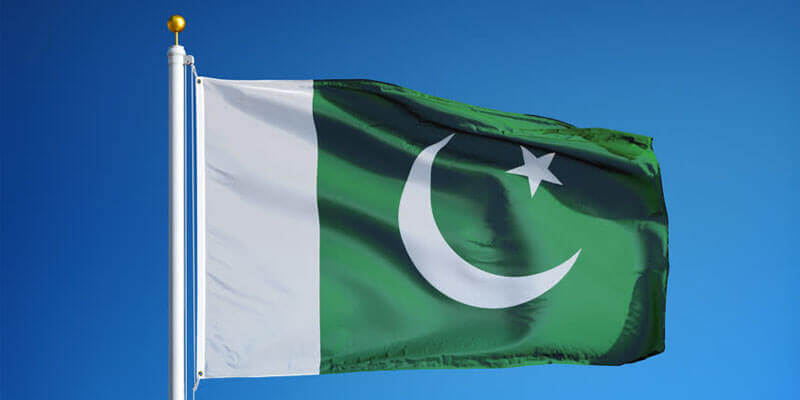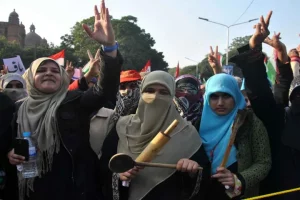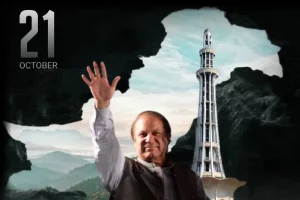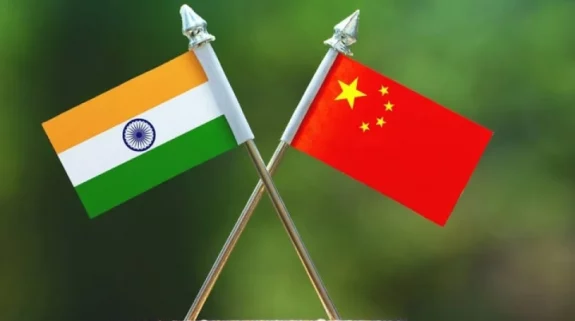About 40 per cent of Pakistan’s population now live below the poverty line, a recent World Bank report has revealed, barely a few days after the International Labour Organisation (ILO) said that the employment-to-population ratio in the country fell well below its pre-crisis trendline at 47.6.
Just one year ago 34.2 per cent Pakistanis were living below the poverty line. The number has risen to 39.4 per cent within a year. The figure may rise further with the deepening of the economic crisis.
A large number of Pakistanis is eating just one meal a day with surging food prices. Even as the cost of food in the South Asian country increased 38.51 per cent in August compared to 39.5 in July, Pakistan is staring at a full blown humanitarian crisis.
“To address the situation, the country must impose a host of stringent measures and reforms. But that does not seem to be happening anytime soon. The situation will get even worse and it will not be a surprise if it turns into a full fledged humanitarian crisis,” an AfPak (Afghanistan-Pakistan region) researcher said.
Pakistan’s economic crisis is worsening since the caretaker government has taken over. Several business houses have either trimmed their operations or shut down, leading to rise in unemployment.
While the $3 billion bailout package from the International Monetary Fund (IMF) has helped Pakistan avert a debt default, the “squeeze on public financing required in its implementation” could add to further stress to labour market prospects, at least in the short-term, the ILO said.
This may mean more people slipping into the below poverty line.
The need of the hour is to take strong corrective measures and implement structural reforms at the earliest.
While the country is still grappling with the effects of the devastating floods of 2022 which destroyed swathes of land, the continuous increase in fuel prices has made the going even tougher. Decisions to hike fuel prices are in line with the International Monetary Fund’s prescription as part of its $3 billion bailout package.
Earlier this month, Pakistan’s all-powerful Chief of Army Staff (COAS) Asim Munir held a meeting with the country’s business community to assure them of relief.
The imminent delay in holding general elections would further dent the situation.
“The World Bank is deeply concerned about the economic situation of today,” Tobias Haque, the WB’s lead country economist, said.
Also read: Pakistan’s massive fuel hike comes as a shocker, may trigger social unrest




















